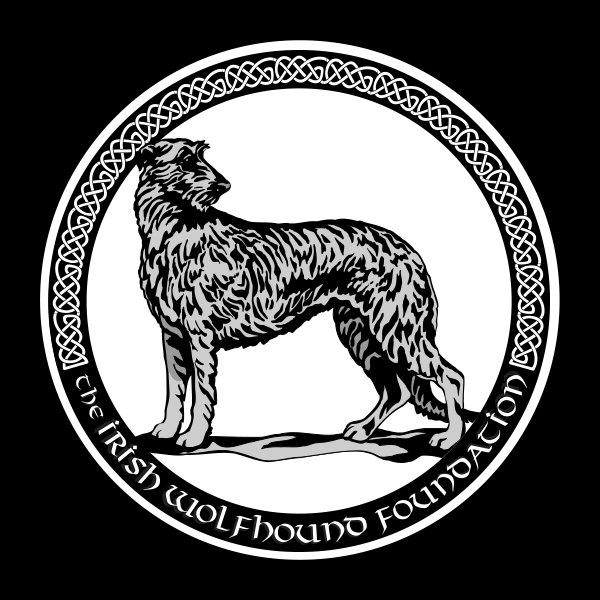IW Foundation Health Library:
Stomach/Digestive System
Bloat is when the stomach rapidly fills with gas; torsion is when the expanded stomach flips over, cutting off the blood supply at both ends and causing extreme distress to the dog. (Note: other organs can also torse, but the stomach is the most common.) This is an emergency and requires prompt surgery to try and save the dog's life. The torsion and surgery are very hard on the dog and sometimes the heart gives out during the first 24 hours after surgery, so very careful monitoring and support are required.
A procedure called a gastropexy can be performed prophylactically to prevent torsion, but that is an invasive surgery that carries its own risks. Some people choose to have a gastropexy done when they spay their bitches. The IW can still bloat, but torsion is extremely unlikely after a gastropexy so the gas can usually be released from the stomach without the need for surgery.
Signs of bloat include heavy panting, a reluctance to lie down, and an expanded, very firm abdomen. If you even suspect bloat you should get your dog to an emergency vet as quickly as possible.
Megaesophagus is a condition in which a pocket forms in the esophagus, trapping food and water. It can be hereditary and present at birth, in which case it becomes evident after the puppy starts on solid food. Symptoms include regurgitation and failure to thrive, as the pup is not getting all the nutrients from the food he eats. It can also be acquired from swallowing something large that causes trauma to the esophagus, result from another disease such as myasthenia gravis, or simply be late-onset. The most obvious sign of this is repeated regurgitation (expelling food or water without involving the abdomen), often shortly after eating. Dogs with this condition must be carefully managed so that they get adequate nutrition and do not suffer from aspiration pneumonia.
Further Reading
- Gastric Dilatation Volvulus
- Diagnosis and Management of Megaesophagus in Dogs
- New Treatment for Canine Megaesophagus (2016)
Links provided here provide Irish Wolfhound-specific, sighthound, and/or general canine information relevant to Irish Wolfhounds.
Disclaimer: The Irish Wolfhound Foundation provides the information on this website for the education of its readers. No information on this website should be used for veterinary medical purposes, diagnostically, therapeutically, or otherwise. Consult a veterinarian before attempting to medically treat your dog or changing your dog's medical treatment.
Note: Links to content outside iwfoundation.org may become inactive over time.


